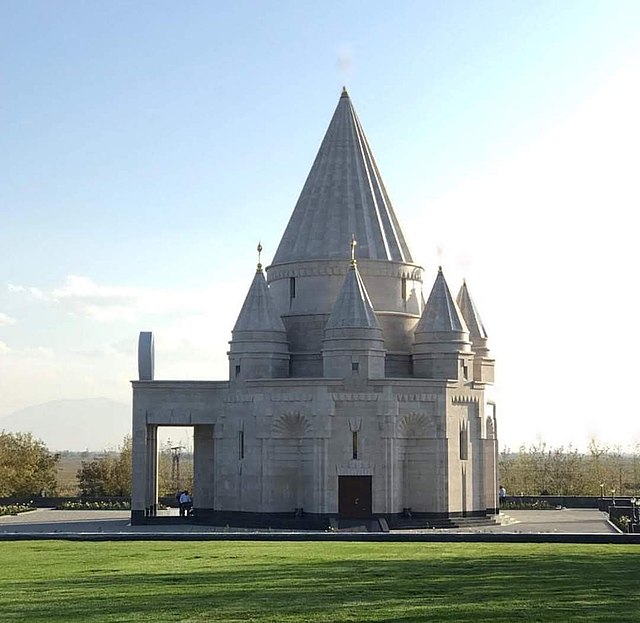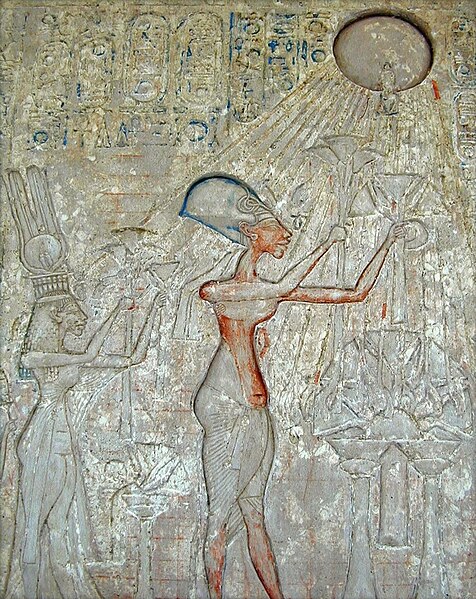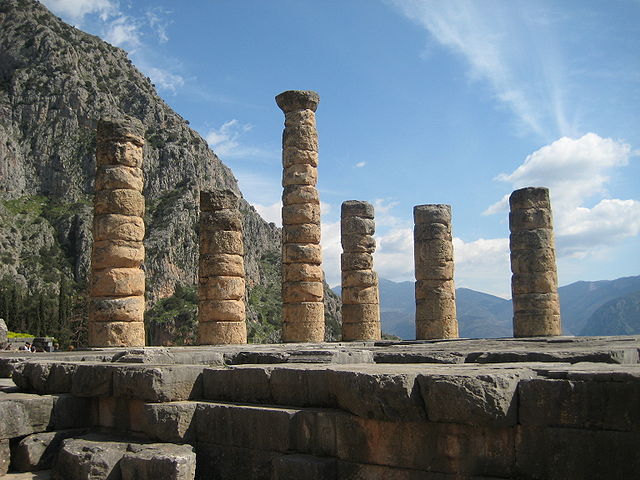Yazidism, also known as Sharfadin, is a monotheistic ethnic religion that originated in Kurdistan and has roots in a western Iranic pre-Zoroastrian religion directly derived from the Indo-Iranian tradition. It is followed by the mainly Kurdish-speaking Yazidis and is based on belief in one God who created the world and entrusted it into the care of seven Holy Beings, known as Angels. Preeminent among these Angels is Tawûsî Melek, who is the leader of the Angels and who has authority over the world.
Pilgrims celebrating the Yazidi new year festival at Lalish, Iraq
Yazidi shrine of Mame Reshan, partially destroyed by ISIL, in the Sinjar Mountains.
Tawûsî Melek depicted as a peacock inside the display case on the grave of a Yazidi believer, cemetery of the Yazidi community in Hanover.
Quba Mêrê Dîwanê is the largest temple of the Yazidis in the world, located in the Armenian village of Aknalich. The temple is dedicated to Melek Taûs and the Seven Angels of Yazidi theology.
Monotheism is the belief that one god is the only deity. A distinction may be made between exclusive monotheism, in which the one God is a singular existence, and both inclusive and pluriform monotheism, in which multiple gods or godly forms are recognized, but each are postulated as extensions of the same God.
Pharaoh Akhenaten and his family adoring the Aten
Fictionalized portrait of Xenophanes from a 17th-century engraving
Remains of the Temple of Apollo at Delphi, Greece
God in The Creation of Adam, fresco by Michelangelo (c. 1508–1512)








